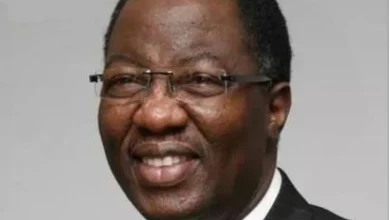Court warns EFCC: ‘Stop interfering in civil transactions’

On Wednesday, December 11, 2024, the Court of Appeal of the Kaduna Judicial Division issued a stern warning to the Economic and Financial Crimes Commission (EFCC), advising it to refrain from interfering in civil transactions. The court emphasized that EFCC’s powers do not extend to investigating or resolving disputes arising from simple contracts.
This ruling came after EFCC appealed against a business mogul, Mr. Bela Becker, the managing director of DKG ITCC Nigeria Limited, over allegations of criminal misappropriation and breach of trust involving over N30.4 billion in a transaction with the Nigerian National Petroleum Corporation (NNPC). The EFCC had claimed Becker’s company had embezzled funds meant for sub-contracting work.
However, in a one-hour judgment delivered by Justice Ntong Ntong, the Court of Appeal upheld the earlier decision of the Kaduna State High Court. The High Court had awarded N1 million in damages against EFCC for violating Becker’s fundamental rights. The appellate court dismissed EFCC’s appeal, agreeing that their actions went beyond their legal powers.
Justice Ntong stated that while criminal elements can sometimes emerge in contracts, and EFCC may intervene in such cases cautiously, this situation was purely a civil matter. He pointed out that EFCC had wrongly used terms like “criminal misappropriation” and “breach of trust” to mislead the public and tarnish Becker’s reputation.
The court further stated that EFCC’s involvement in this civil matter was illegal and unconstitutional. Justice Ntong criticized EFCC for acting outside its constitutional limits, calling its behavior “opprobrious, unconstitutional, illegal, and unlawful.” He concluded that EFCC’s actions should not go unpunished, and any official who ignores the rule of law should be held accountable.
This judgment highlights the need for law enforcement agencies, like the EFCC, to stay within their jurisdiction and not interfere in civil disputes that should be addressed by the appropriate courts.





